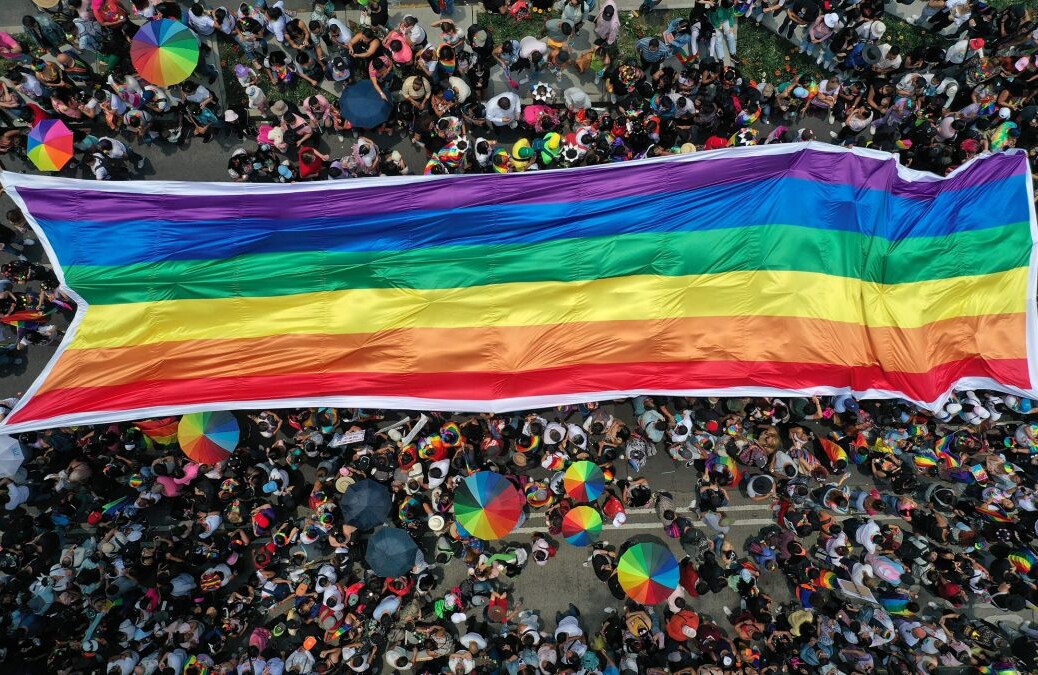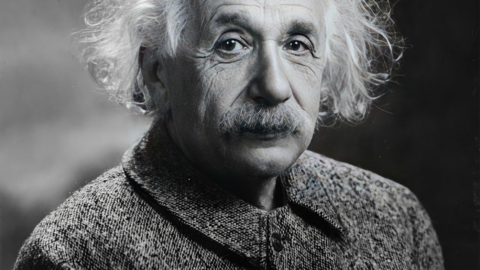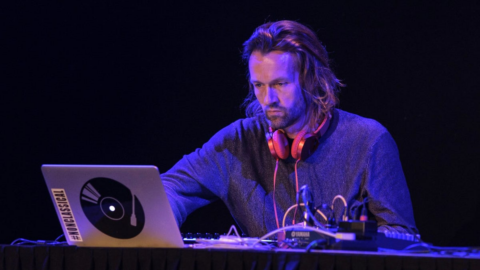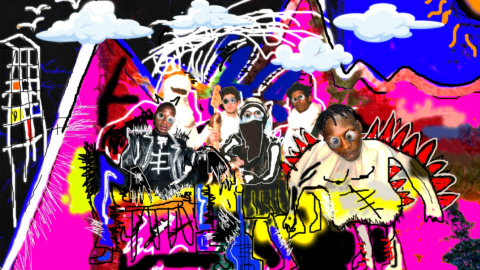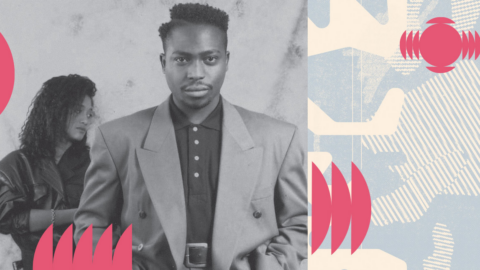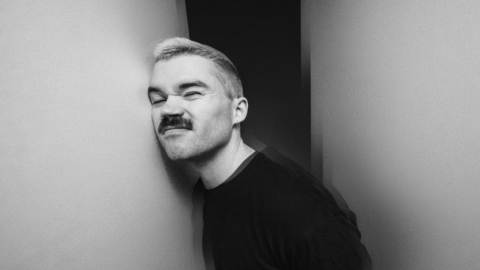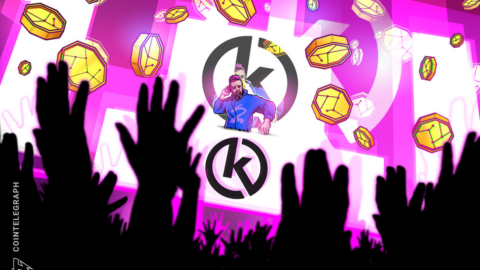In an industry historically dominated by cisgender men, the Electronic Dance Music (EDM) scene has seen a dynamic shift in recent years. A wave of women and non-binary artists have been reshaping the genre, contributing fresh perspectives and pushing the boundaries of what EDM can be. Despite facing significant barriers, these artists have persevered, leaving an indelible imprint on the industry.
Charting the Rise: Women and Non-Binary EDM Artists
The rise of women and non-binary artists in the EDM scene didn’t happen overnight. It has been a gradual process, reflecting a wider cultural change towards inclusion and diversity. Pioneers such as Miss Kittin, Ellen Allien, and Magda, along with newer artists like REZZ, Amelie Lens, and Honey Dijon have made significant strides in the space. Non-binary artists like Octo Octa and Eris Drew are also disruptively reframing the EDM narrative. These artists have not just been challenging the status quo — they’ve been rewriting it, using their skills and creativity to redefine norms and expectations.
From their unique approach to music production to their innovative remixes and live sets, these artists have been pushing boundaries and breaking glass ceilings. Their rise has been accompanied by a shift in the broader music industry, as a growing number of record labels, festivals, and music platforms are recognizing the importance of diversity and representation, and making a concerted effort to promote female and non-binary talent.
Breaking Through: Overcoming Barriers in the EDM Scene
While there’s been a notable increase in representation, it’s not without its challenges. The EDM industry, like many others, has been conditioned by years of male dominance, leading to systemic biases and hurdles that women and non-binary artists have to navigate. From unequal booking rates and pay gaps to underrepresentation in the media, the challenges are multifaceted.
Yet, these artists continue to persist and break through these barriers. They use their platforms to call out industry disparities, advocate for equal representation, and inspire other marginalized artists to pursue their passion. Their resilience and tenacity are not just reshaping the industry but also setting the precedent for future generations.
Amplifying Voices: The Impact of Female and Non-Binary DJs
The rise of women and non-binary DJs in the EDM space has had a profound impact. They haven’t just brought fresh sounds and perspectives to the genre – they’ve also been instrumental in fostering a more inclusive and diverse EDM community. By openly discussing their experiences and challenges, they’ve raised awareness about the need for greater representation and equality in the industry.
These artists have also used their influence to support and uplift other marginalized voices in the EDM scene. They’ve leveraged their platforms to create space for others, whether through mentoring emerging talent, collaborating with marginalized artists, or using their sets to spotlight music from underrepresented groups.
Trailblazers: Shaping the Future of EDM
As these artists continue to redefine the EDM scene, they are laying the groundwork for a more inclusive and diverse future. Their impact extends well beyond their music – they are challenging industry norms, inspiring young artists, and making space for voices that have long been marginalized in the EDM scene.
Their influence can be seen across the industry, from increasing representation at music festivals to the growing number of female and non-binary artists signing deals with major record labels. Through their talent and tenacity, these artists are not just contributing to the genre – they are fundamentally reshaping it.
The journey of women and non-binary artists in the EDM scene is far from over. There are still many barriers to overcome and much progress to be made. Yet, these trailblazers have shown that change is not only possible but also inevitable. Their courage, creativity, and resilience serve as a beacon for all marginalized artists in the industry. Their journey serves as a powerful reminder that EDM, like all genres, is at its best when it reflects the full spectrum of human experiences and identities.


